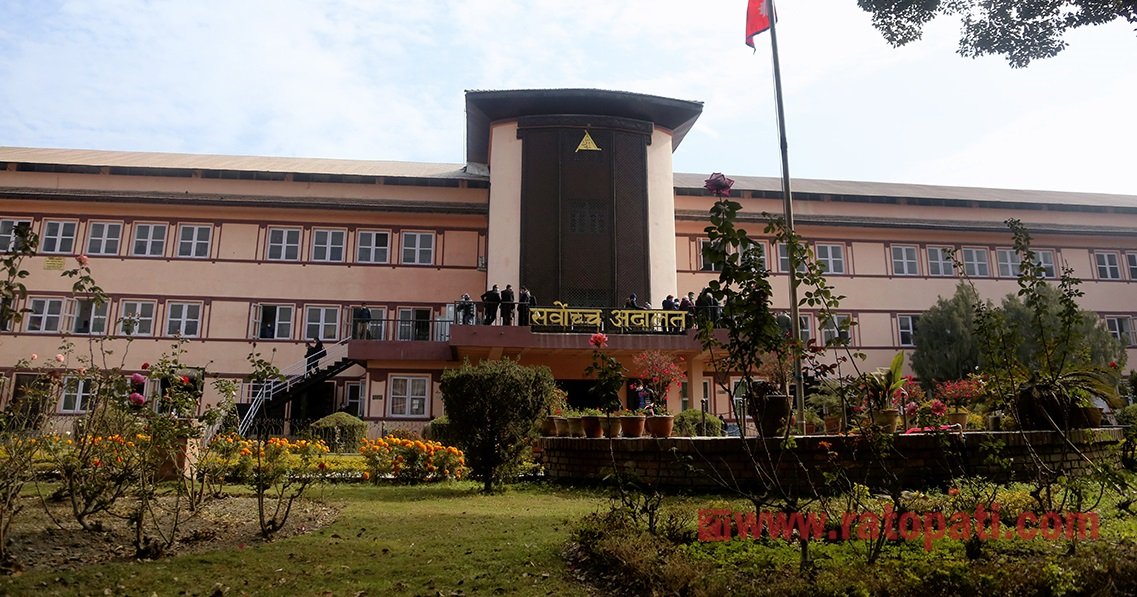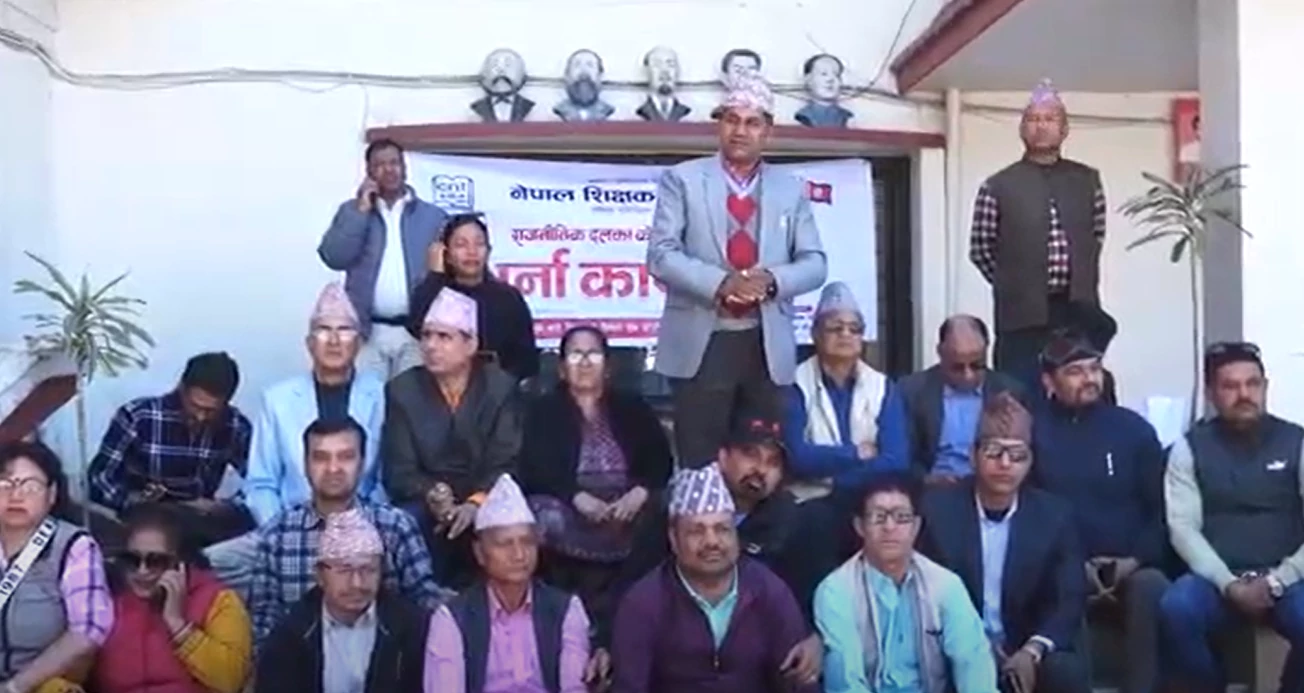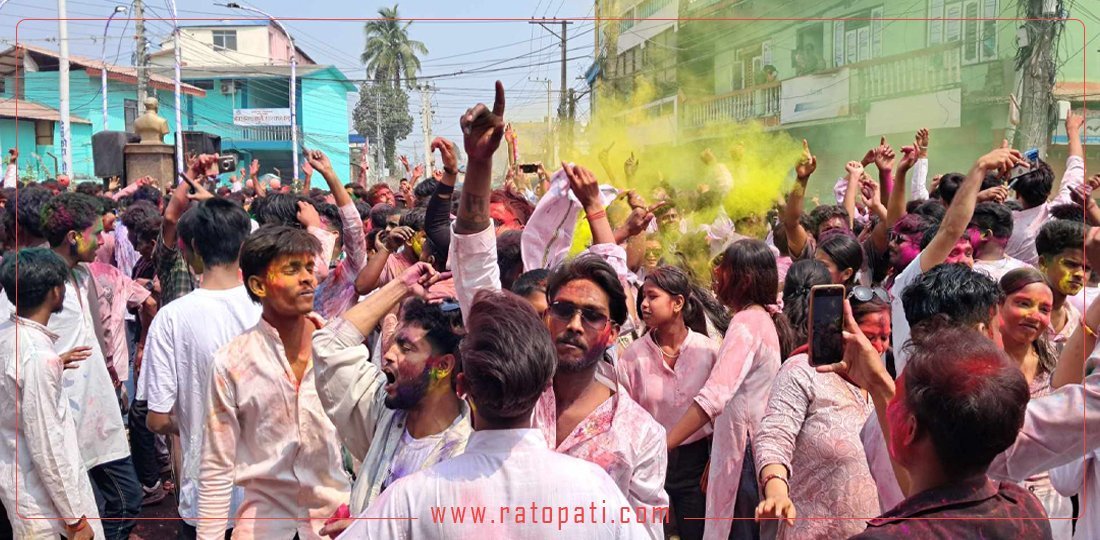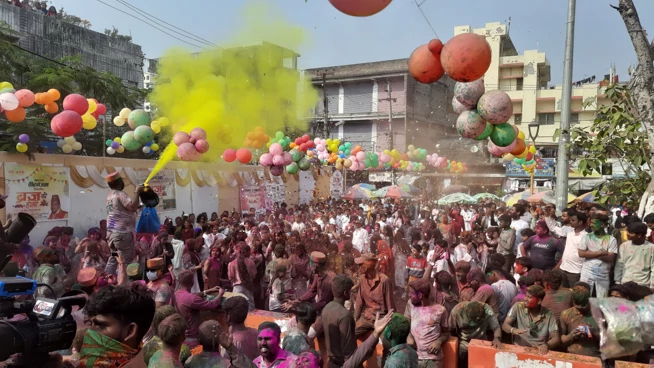Supreme Court rules Non-Resident Nepalis cannot enjoy political rights

KATHMANDU, March 8: In a recent ruling on former Home Minister Rabi Lamichhane's citizenship case, the Supreme Court has upheld that Non-Resident Nepalis (NRNs) can only enjoy social, economic, and cultural rights, and not political rights. The apex court has cited the provisions in the Constitution of Nepal, stating that there are no political rights for NRNs. The verdict is based on Article 14 of the Constitution of Nepal, which grants non-residential citizenship to individuals who have acquired the citizenship of a foreign country, have resided outside South Asian Association for Regional Cooperation (SAARC) countries, and have a Nepali lineage. Such individuals may only enjoy economic, social, and cultural rights in accordance with federal law.
The ruling has put an end to any ambiguity regarding the political rights of NRNs. The decision emphasizes that NRNs cannot participate in the country's political affairs, including voting or contesting in elections. However, they can still contribute to the country's development through social and economic means.
The decision is expected to have a significant impact on the Nepali diaspora, particularly those who hold non-residential citizenship. The Nepali government has been encouraging the country's diaspora to invest in the country and contribute to its development. With the ruling, the government's focus is likely to shift towards promoting social and economic rights for NRNs rather than political rights.
Overall, the Supreme Court's decision highlights the significance of the Constitution of Nepal in determining the rights of NRNs. While NRNs can still contribute to the country's development, their political rights remain restricted.









Leave Comment